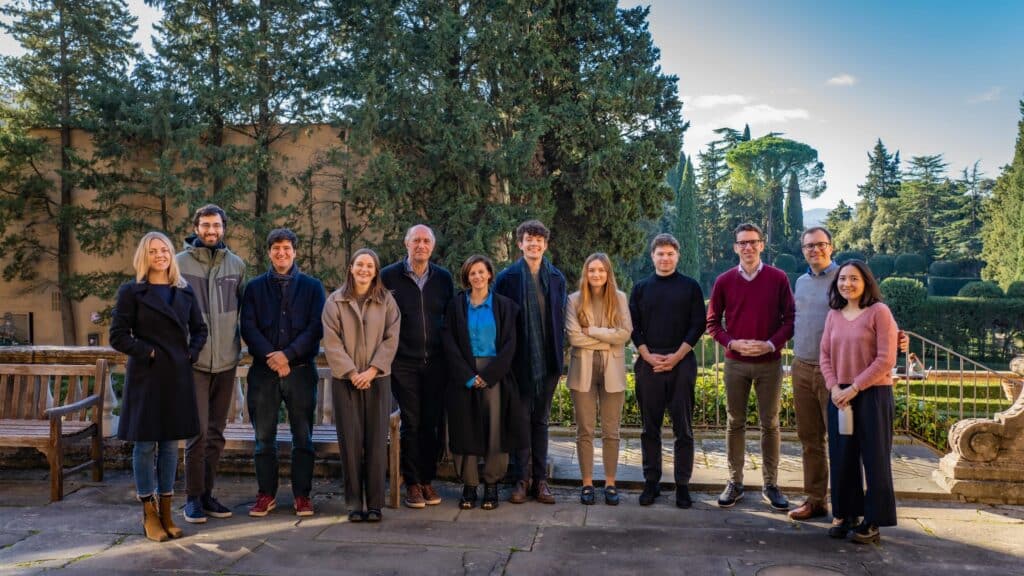It’s currently time for reflection, in Brussels, on EU gas regulation and market design.
With the Third Energy Package close to being fully implemented, is it already time to start working at a new package of gas regulatory measures? And, more importantly, would it be necessary and what for?
In 2009, the Third Energy Package initiated a profound re-shaping of the EU internal gas market structure – from unbundling to the invention of ACER and the ENTSOs. Lately, the gas Network Codes have more or less smoothly entered the implementation phase – giving the impression that, although not perfectly, the current gas market design is good enough to satisfy most of the market actors’ needs and, more importantly, it seems to work.
We will talk about consistency in the history of EU gas market regulation right this week in Brussels at the CEER-FSR joint training on Fundamentals of Energy markets.
However, after the long-lasting negotiations concerning some Network Codes’ provisions (particularly the Tariffs NC) – no big controversies have lately emerged on EU gas regulation, not even after the release of last year’s Security Package.
So is the current EU gas market picture the best of all possible worlds? Is this apparent calm due to a general and multilateral satisfaction with the current frame? Or are we just witnessing a short quiet before the storm?
This strange silence made me think of Oscar Wilde’s famous quote: ““Whenever people agree with me, I always feel I must be wrong.”.
And indeed, maybe just to be on the safe side, a couple of months ago the European Commission’s DG Energy opened a call for a research study on future EU gas market design – called Quo Vadis ?- which aims to investigate whether any piece is missing in the puzzle and, if needed, trigger a next regulatory package on EU gas market. We will find out in the course of next months.
Meanwhile, the Annual report published by ACER in September last year shows that there’s still some work to do in order to obtain a truly harmonised Single EU gas market. In particular, the binding implementation of the Congestion Management Procedures is still pending in six Member States; also, the achievement of the Gas Target Model seems still far away, with market integration and the creation of trading regions proceeding at slow pace.
The topic of the month coincides this time with the official launch of a new FSR Gas area (link to Gas homepage) of the Florence School of Regulation, totally devoted to gas regulation and policy.
Next week we will look into another topical issue, directly related to gas market design : EU Energy Governance. Stay tuned!






